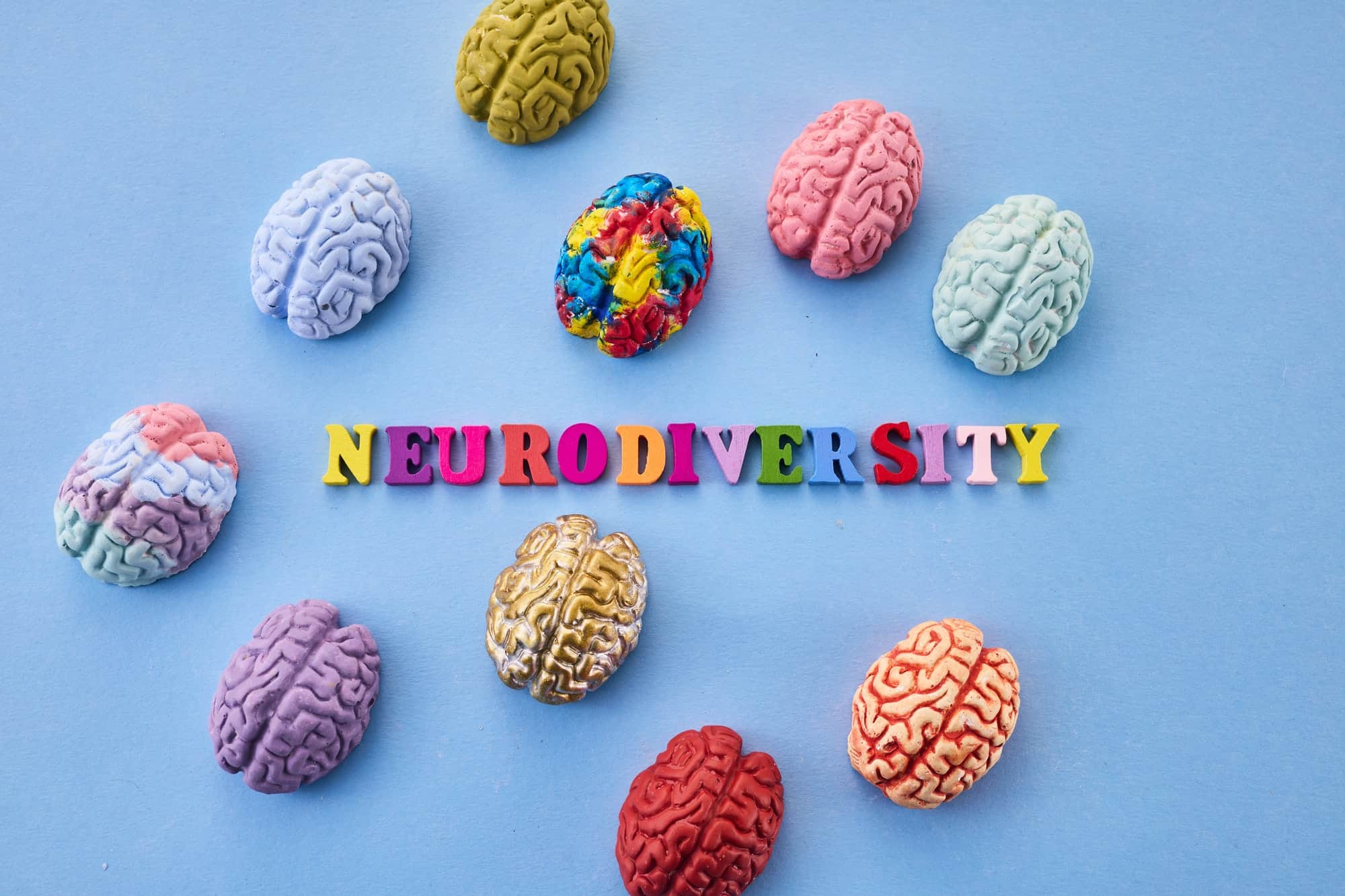Navigating the complex terrain of mental health therapy while being a part of the LGBTQ+ community unveils a unique set of challenges and considerations. This intersectionality brings forth a myriad of factors, ranging from societal stigmatization to personal struggles with self-acceptance. Within the confines of therapy, individuals often grapple with reconciling their authentic selves with societal expectations and norms. Moreover, therapists themselves face the task of creating safe, inclusive spaces where clients feel validated and understood. Understanding the intricate interplay between LGBTQ+ identity and mental health is crucial for effective therapeutic interventions. In this blog, we delve into the nuances of this intersection, exploring both the barriers and opportunities for healing and growth.
Navigating Stigma and Discrimination

The pervasive societal stigma and discrimination against LGBTQ+ individuals can profoundly impact their mental health, leading to higher rates of anxiety, depression, and even suicidality. Therapy serves as a crucial tool in addressing these challenges by providing a safe and supportive space for individuals to explore their experiences and emotions. Therapists can help clients develop coping strategies, challenge internalized stigma, and build resilience in the face of discrimination. By validating their experiences and identities, therapists empower LGBTQ+ individuals to navigate the complexities of stigma and discrimination while fostering a sense of self-acceptance and pride.
Coming Out and Self-Identity
Coming out and affirming one’s identity is a deeply personal journey that can evoke a range of emotions, from fear and uncertainty to liberation and empowerment. Therapy plays a pivotal role in this process by offering a nonjudgmental environment where individuals can explore their feelings, fears, and hopes surrounding their identity. Therapists provide support and guidance as clients navigate the complexities of self-discovery, helping them develop a deeper understanding of themselves and their place in the world. Through therapy, individuals can gain the confidence and resilience to embrace their authentic selves, regardless of societal expectations or pressures.
Intersectional Perspectives
In therapy settings, understanding the intersectionality of identities is crucial for providing effective and inclusive care. Here’s how we approach it at Resilient Mind Counseling:
- Acknowledging Diverse Identities: We recognize that LGBTQ+ identity intersects with factors such as race, gender identity, socioeconomic status, and disability.
- Comprehensive Assessment: Our therapists take into account the unique challenges and privileges that arise from these intersecting identities during assessment and treatment planning.
- Culturally Sensitive Care: We prioritize providing culturally sensitive care that respects and affirms the diverse identities and experiences of our clients.
- Promoting Inclusivity: By incorporating intersectionality into therapy, we strive to create an environment where all clients feel understood, respected, and empowered.
- Empowering Exploration: Our goal is to empower LGBTQ+ individuals to explore the complexities of their identities in a validating and affirming space, fostering self-acceptance and resilience.
At Resilient Mind Counseling, we’re committed to embracing intersectional perspectives in therapy to ensure that every individual receives the personalized and inclusive care they deserve. If you’re ready to embark on a journey towards healing and self-discovery, contact us today.
Family and Relationship Dynamics

Family acceptance, rejection, and chosen family structures play crucial roles in the lives of LGBTQ+ individuals and can profoundly impact their mental health and well-being. Therapy provides a space for clients to navigate these complex dynamics, whether they are seeking support in coming out to their families, processing experiences of rejection, or building supportive relationships with chosen families. Therapists help clients explore and understand family dynamics, navigate conflicts, and establish healthy boundaries, fostering resilience and healing within familial and interpersonal relationships. Additionally, therapy can empower clients to cultivate supportive networks outside of their families, promoting a sense of belonging and community.
Trauma and Resilience
LGBTQ+ individuals often face disproportionately high rates of trauma stemming from experiences of violence, rejection, and discrimination based on their sexual orientation or gender identity. Therapy serves as a vital resource for addressing trauma and fostering resilience within this community. Through trauma-informed approaches, therapists create safe spaces for clients to process their experiences, validate their emotions, and develop coping strategies. By building a foundation of trust and support, therapy empowers LGBTQ+ individuals to heal from past traumas, cultivate resilience, and reclaim agency over their lives.
Cultural Competence in Therapy
Cultural competence in therapy is crucial for providing effective and affirming care to clients from diverse backgrounds. Therapists must recognize and respect the unique cultural identities and experiences of their clients to foster a therapeutic environment that is safe, validating, and empowering. This involves ongoing self-reflection, education, and a willingness to challenge one’s own biases and assumptions. By prioritizing cultural competence, therapists can better understand and address the specific needs and challenges faced by individuals from marginalized communities, ultimately promoting more positive therapeutic outcomes.
- Understanding Cultural Context: Therapists should strive to understand the cultural context in which their clients live, including their cultural values, beliefs, and practices.
- Inclusive Language and Communication: Using inclusive language and communication techniques can help create a welcoming and respectful therapeutic environment for clients of all backgrounds.
- Addressing Power Dynamics: Therapists must be mindful of power dynamics that may exist within the therapeutic relationship, particularly when working with clients from marginalized communities.
- Advocacy and Social Justice: Cultural competence in therapy goes beyond the individual session and includes advocating for systemic change and social justice initiatives that promote equality and inclusivity.
- Continued Education and Training: Therapists should actively seek out opportunities for continued education and training to enhance their cultural competence and better serve their clients.
Cultural competence is a fundamental aspect of effective therapy, enabling therapists to provide affirming and empowering care to clients from diverse backgrounds. By embracing cultural humility, ongoing learning, and a commitment to social justice, therapists can create therapeutic spaces where all individuals feel respected, understood, and supported on their healing journeys.
Advocacy and Community Resources
Therapy not only focuses on individual healing but also empowers LGBTQ+ individuals to advocate for their rights, access community resources, and build supportive networks. Therapists often serve as allies and advocates, connecting clients with LGBTQ+-affirming resources, support groups, and community organizations. Through therapy, individuals can develop the skills and confidence to navigate systems of oppression, advocate for policy change, and create inclusive spaces within their communities. By fostering a sense of agency and empowerment, therapy plays a vital role in the larger LGBTQ+ movement for social justice and equality.
Conclusion
Resilient Mind Counseling, we are deeply committed to fostering a compassionate and inclusive healing environment for all individuals, particularly those from the LGBTQIA+ community, Neurodivergent individuals, and BIPOC communities. Our mission extends beyond providing therapy; it’s about empowering individuals to navigate the complexities of their identities, experiences, and societal challenges. Through our intersectional approach, trauma-informed care, and cultural competence, we aim to create a safe space where clients can explore their authentic selves, heal from past traumas, and build resilience. If you’re seeking support on your journey towards self-discovery, healing, and advocacy, we invite you to reach out to us at 828) 515-1246 or email us at scheduling@resilientmindcounseling.com. Together, let’s embark on a path towards healing, growth, and empowerment.














